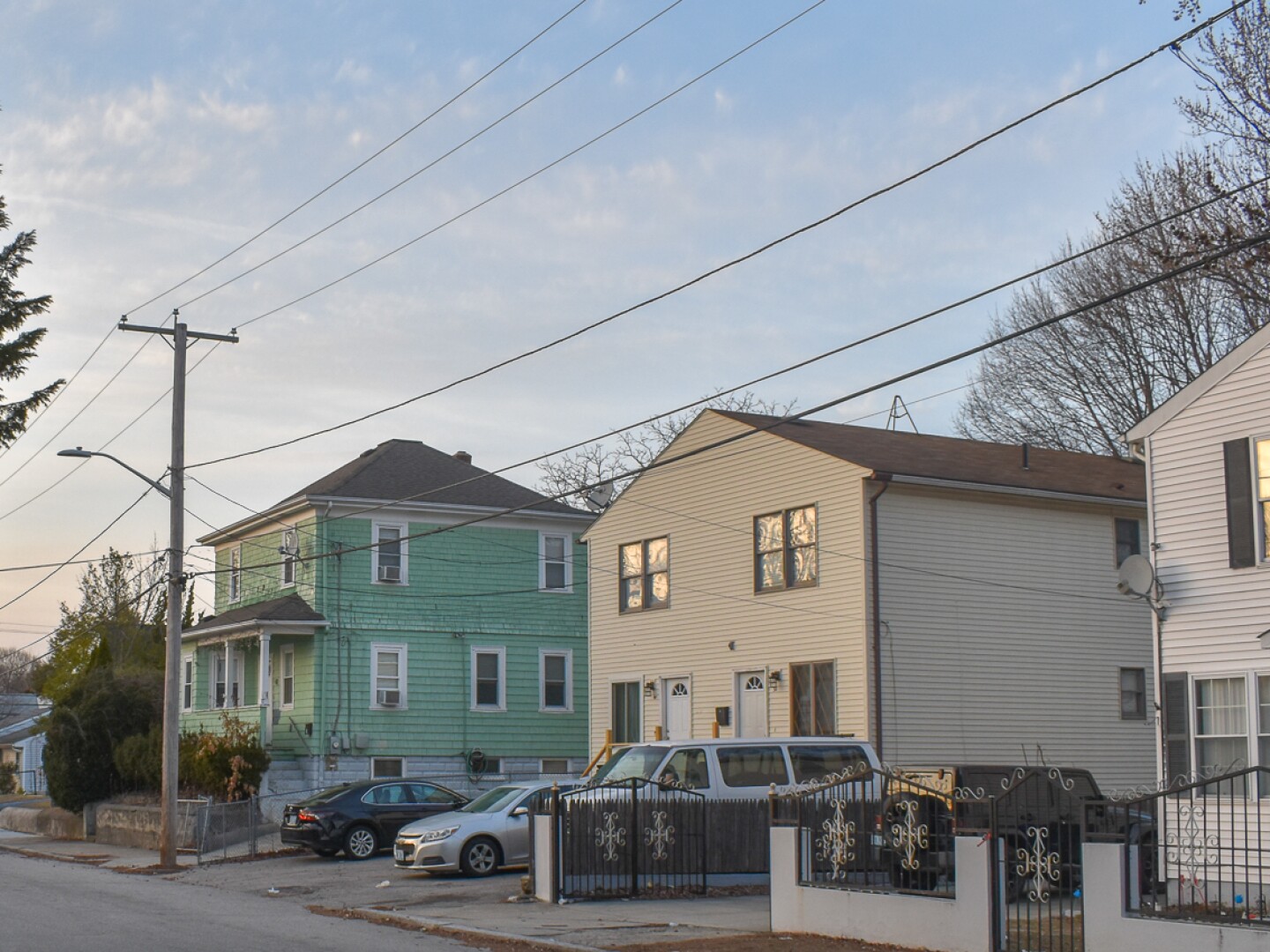Rhode Islanders making the state’s minimum wage must work at least 12 hours a day, seven days a week, in order to afford a basic two-bedroom apartment, according to a new analysis by the National Low Income Housing Coalition (NLICH).
The annual Out of Reach report released Thursday by the Washington D.C.-based organization found Rhode Island renters must earn $31.71 an hour — or $65,954 a year — to afford a typical $1,649 apartment.
The finding that an 85-hour work week is what it takes a low-wage worker to find housing makes Rhode Island the 18th most expensive place to rent in the country. It ranked fourth overall among the six New England states.
The situation is far worse in Massachusetts, which ranked as the fourth most expensive state in the nation to find housing and requires renters to make $45.90 per hour to afford the average two-room apartment. Connecticut ranked 11th, followed by New Hampshire at 12th, Vermont at 21st, and Maine at 26th.
California ranked as the most expensive state to live, where the renters need to make $49.61 per hour. West Virginia was the least expensive among states at $18.94 an hour. Only Puerto Rico, a U.S. territory, ranked lower with a required wage of just $11.64 an hour.
While in the top half of unaffordable states, Rhode Island ranked better than it did in last year’s report — where the Ocean State was 12th in the nation. Massachusetts also improved, moving up two ranks after being the second most expensive state for housing last year.
‘More work needs to be done’
The average Rhode Island worker earns $18.22 an hour, according to the report. That wage can only support a monthly rent of up to $947.
Rhode Island’s current minimum wage is now $15, and wages are set to increase an additional $1 per hour in 2026 and 2027 under legislation passed by the General Assembly during the final weeks of this year’s legislative session.
“Rhode Island has taken steps in the right direction to raise the minimum wage over the past several years, but the Out of Reach report reveals that more work needs to be done to bridge the gap between wages and the rising cost of living,” Melina Lodge, executive director of the Housing Network of Rhode Island, said in a statement.
On top of low wages, minimum wage renters face a shortage of affordable places to live.
Overall, the NLICH found the country faces a shortage of 7.1 million affordable and available rental homes for extremely low-income renters — those making less than 30% of area median income and are often employed at minimum wage or are older adults, have a disability, or are single adult caregivers.
In a report released in March, the NLICH found Rhode Island has just 47 affordable and available rental homes for every 100 households with extremely low incomes.
And what it takes to afford an apartment also depends on where you live. Rents are especially high in the Newport-Middletown-Portsmouth area, where a renter would need to earn $42.31 an hour to afford a two-bedroom unit costing an average of $2,200 per month.
In the Providence metro area, renters need to make $31.04 to afford the average $1,614 two-bedroom unit.
When HousingWorks RI released its 2024 Housing Fact Book last July, it showed that a household earning the state’s median income of $45,560 could afford to rent in only one Rhode Island town: Burrillville.
“With such a disconnect between wages and the cost of housing in the Ocean State, a safe, secure, and affordable home remains out of reach for many,” HousingWorks RI Director Brenda Clement said in a statement. “We must continue to do all we can at the local, state, and federal levels to ensure Rhode Islanders, regardless of income, can live in healthy, quality homes in vibrant and thriving neighborhoods.”
The growing gap will only increase homelessness, according to the report. At least 2,373 unhoused people across Rhode Island were counted when volunteers from the Rhode Island Coalition to End Homelessness conducted an annual survey in late January 2025.
While that number represents a 2.8% decrease from 2024, the coalition found more people were without shelter.
“In an uncertain economic climate, renters with the fewest resources too often struggle to pay rent, live in unsafe or substandard housing, and are forced to make impossible choices between housing and other basic needs,” the NLIHC report states. “People can work hard and still fall behind, knowing that one unexpected expense or missed paycheck could leave them homeless.”
So what can be done to make homes more affordable?
The National Low Income Housing Coalition is calling on the federal government to increase housing subsidies, expand rental assistance, and enact policies that eliminate barriers to obtaining a home.
“The American public should insist that Congress make sustained, long-term investments in affordable housing programs to ensure that the lowest-income renters can access and maintain safe, stable homes,” the report recommends.
But local advocates like Lodge remain skeptical of the Trump administration’s commitment to housing affordability, especially after the passage of Republicans’ budget megabill, along with proposed cuts to the U.S. Department of Housing and Urban Development (HUD).
“To meaningfully address the crisis, the federal government must reject cuts to HUD, expand housing vouchers, and both preserve and increase the supply of deeply affordable homes,” Lodge said.
This story was originally published by the Rhode Island Current.










